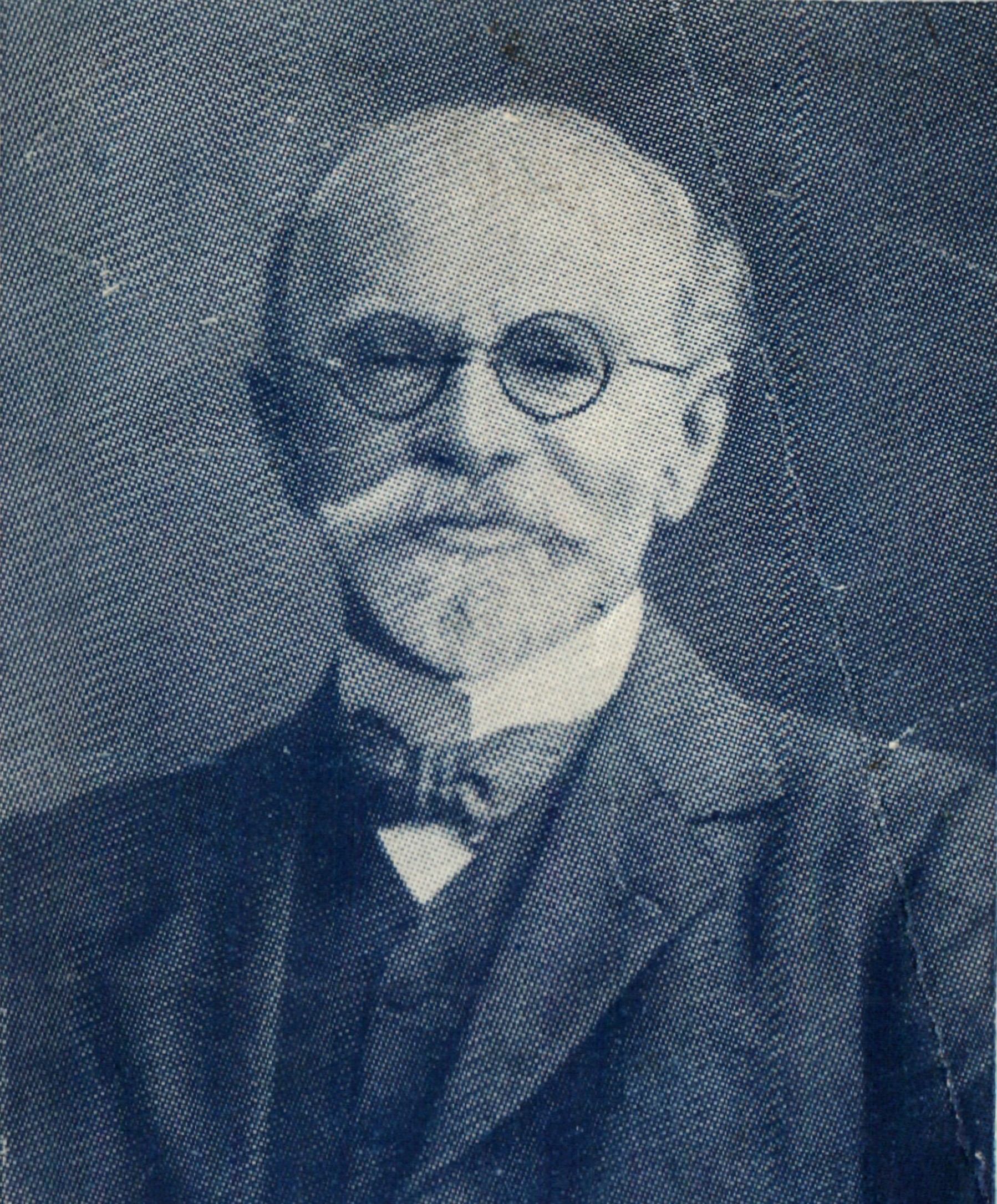|
Vine's Expository Dictionary
''An Expository Dictionary of New Testament Words'' was written by William Edwy Vine and published as a four volume set in 1940. In common usage, the title is often shortened to ''Vine's Expository Dictionary'', or simply ''Vine's''. It is a cross-reference from key English words in the Authorized King James Version to the original words in the Greek texts of the New Testament. In his preface to the book, Vine wrote, "The present volumes are produced especially for the help of those who do not study Greek, though it is hoped that those who are familiar with the original will find them useful." It provides a concise meaning of the original Greek word, often providing Bible verse references as examples. If there are several Greek words that may translate to the same English word, Vine's distinguishes the shadings of meaning and connotation that may be lost in the English translation. For example, there are a number of Greek words that may be translated by the English word ''love' ... [...More Info...] [...Related Items...] OR: [Wikipedia] [Google] [Baidu] |
William Edwy Vine
William Edwy Vine (1873–1949), commonly known as W. E. Vine, was an English Biblical scholar, theologian, and writer, most famous for '' Vine's Expository Dictionary of New Testament Words''. Life Vine was born in the second quarter of 1873, in Blandford Forum, Dorset. His father ran the Mount Radford School, which moved to Exeter in 1875, and it was in this location that Vine was raised. He became a Christian at an early age and was baptised in the Plymouth Brethren assembly in Fore Street, Exeter. At 17, Vine became a teacher at his father's school, before moving to Aberystwyth to study at the University College of Wales. He later completed his education at the University of London, receiving a BA and MA in Ancient Classics in 1906. Vine married Phoebe Baxendale in the 3rd quarter of 1899 in Lancashire, Phoebe's home county. In 1909, he accepted a job at the office of Echoes of Service, a missionary-support service and magazine based in Bath. In 1911, the service mov ... [...More Info...] [...Related Items...] OR: [Wikipedia] [Google] [Baidu] |
Authorized King James Version
The King James Version (KJV), also the King James Bible (KJB) and the Authorized Version, is an English translation of the Christian Bible for the Church of England, which was commissioned in 1604 and published in 1611, by sponsorship of King James VI and I. The 80 books of the King James Version include 39 books of the Old Testament, an intertestamental section containing 14 books of what Protestants consider the Apocrypha, and the 27 books of the New Testament. Noted for its "majesty of style", the King James Version has been described as one of the most important books in English culture and a driving force in the shaping of the English-speaking world. The KJV was first printed by John Norton and Robert Barker, who both held the post of the King's Printer, and was the third translation into English language approved by the English Church authorities: The first had been the Great Bible, commissioned in the reign of King Henry VIII (1535), and the second had been the Bi ... [...More Info...] [...Related Items...] OR: [Wikipedia] [Google] [Baidu] |
Strong's Concordance
''The Exhaustive Concordance of the Bible'', generally known as ''Strong's Concordance'', is a Bible concordance, an index of every word in the King James Version (KJV), constructed under the direction of James Strong. Strong first published his ''Concordance'' in 1890, while professor of exegetical theology at Drew Theological Seminary. Purpose The purpose of ''Strong's Concordance'' is not to provide content or commentary about the Bible, but to provide an index to the Bible. This allows the reader to find words where they appear in the Bible. This index allows a student of the Bible to re-find a phrase or passage previously studied. It also lets the reader directly compare how the same word may be used elsewhere in the Bible. Strong's numbers Each original-language word is given an entry number in the dictionary of those original language words listed in the back of the concordance. These have become known as the "Strong's numbers". The main concordance lists each word t ... [...More Info...] [...Related Items...] OR: [Wikipedia] [Google] [Baidu] |


